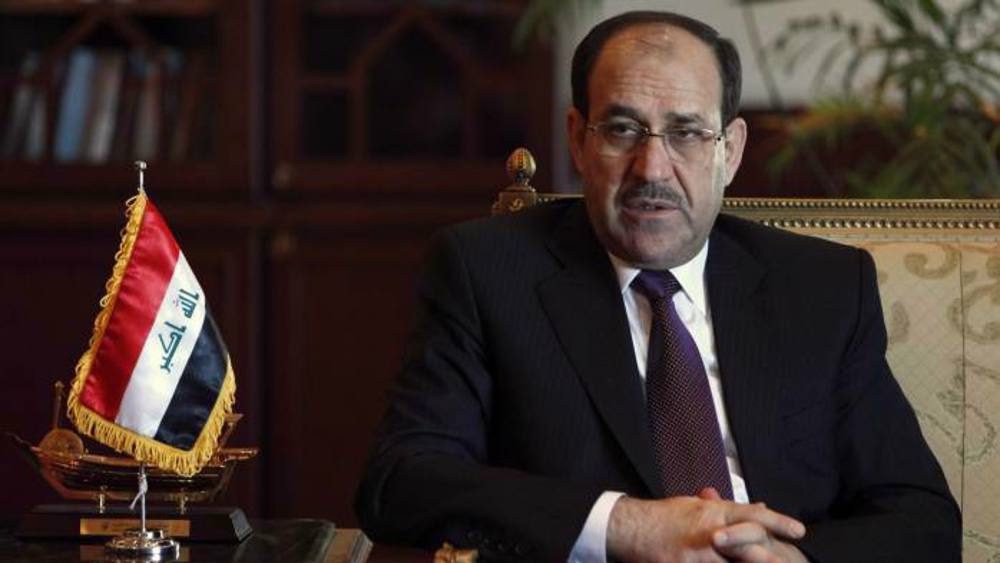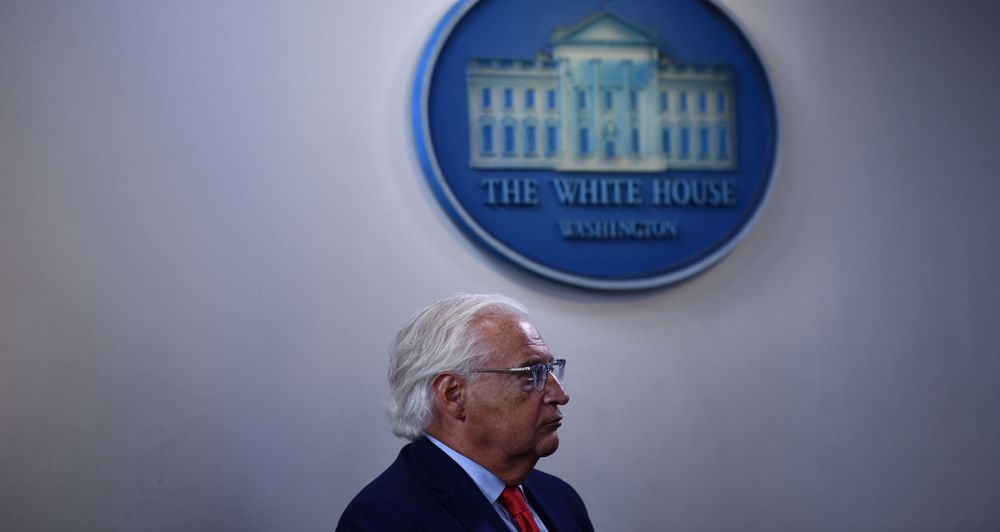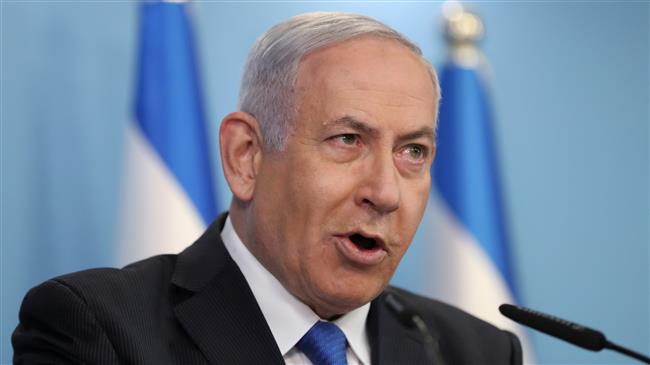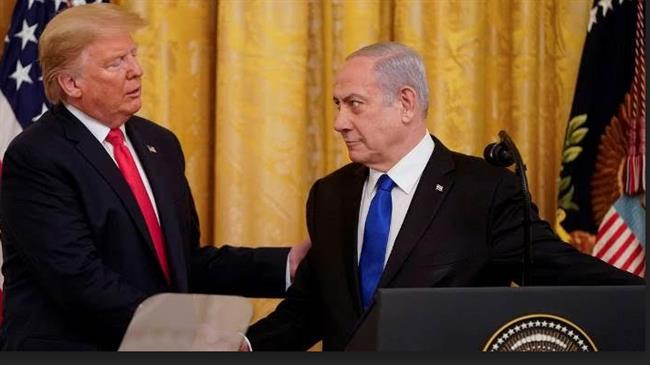Palestinian cause is being challenged by “political triangle of evils”: Haniyeh
The head of the political bureau of the Hamas resistance movement says the Palestinian cause is being threatened by three major challenges, demanding creation of a united national front to confront them.
Ismail Haniyeh made the remarks while speaking at a webinar on the situation of Israeli-occupied Jerusalem al-Quds and recent normalization of relations between Israel and some Arab countries on Saturday.
Haniyeh branded the so-called deal of the century unveiled by US President Donald Trump on the decades-old Israeli-Palestinian conflict, along with the Tel Aviv regime’s plan to annex bigger parts of the occupied West Bank and the Jordan Valley as well as attempts by several Arab states to forge normal ties with Israel as the “political triangle of evils” facing the Palestinian cause.
Haniyeh noted that the outgoing US president “tried to obliterate and bury the Palestinian cause, but he would be gone and the Palestinian cause will live on.”
The top Hamas official’s comments came as United States Democratic presidential candidate, Joe Biden, surpassed the winning threshold of 270 votes in the US Electoral College to win the White House and unseat Trump on Saturday.
“The deal of the century seeks to create an environment, where the Palestinian cause would cease to exist. Therefore, it is high time for us [as Arabs] to force a partnership among all national factions, move away from internal disputes, and fight our common enemy,” Haniyeh pointed out.
Trump’s so-called "deal of the century" initiative blatantly undermines Palestinians’ right to statehood in exchange for vague promises of basic economic opportunities.
The highly provocative scheme, which further denies the right of return for Palestinian refugees to their homeland, is also in complete disregard of UN Security Council resolutions and has been rejected by the vast majority of the international community.
Israeli Prime Minister Benjamin Netanyahu has said he agreed to delay his annexation plan in the occupied West Bank as part of a normalization deal with the United Arab Emirates (UAE), but the plans remain “on the table”.
In a television address after Trump’s announcement of the deal on August 13, Netanyahu said he had only agreed to “delay” the annexation, and that he would “never give up” the scheme.
Trump announced later on October 23 at the White House that Sudan and Israel had also agreed to normalize relations.
The US president sealed the agreement in a phone call with Netanyahu, Sudanese Prime Minister Abdalla Hamdok, and Chairman of the Sovereignty Council Abdel Fattah al-Burhan, senior US officials said.
Sudan’s acting Foreign Minister Omar Gamareldin, however, later said the accord will depend on the approval of its yet-to-be formed legislative council.
It is unclear when the assembly will be formed under a power-sharing deal between the country’s military officers and civilians.
Earlier, Netanyahu signed US-brokered normalization deals with Emirati Foreign Minister Sheikh Abdullah bin Zayed Al Nahyan and Bahraini Foreign Minister Abdullatif bin Rashid al-Zayani during a September 15 ceremony at the White House.
The normalization deals have drawn widespread condemnation from Palestinians, who seek an independent state in the occupied West Bank and Gaza Strip, with East Jerusalem al-Quds as its capital. They say the deals ignore their rights and do not serve the Palestinian cause.
Iran: US airstrikes on Yemen war crimes, violation of international law
Yemeni armed forces down F-18 fighter jet, repel US-UK attack: Spokesman
Iran warns against US-Israeli plot to weaken Muslims, dominate region
VIDEO | Public uproar in US against Israeli regime
‘Ghost town’: 70% of Jabalia buildings destroyed by Israel
Mother’s Day: Sareh Javanmardi’s inspiring journey as Paralympic champion and mother
Russia downs over 40 Ukrainian drones as Putin vows 'destruction' on Kiev
VIDEO | Yemen: A bone in Israeli neck























 This makes it easy to access the Press TV website
This makes it easy to access the Press TV website